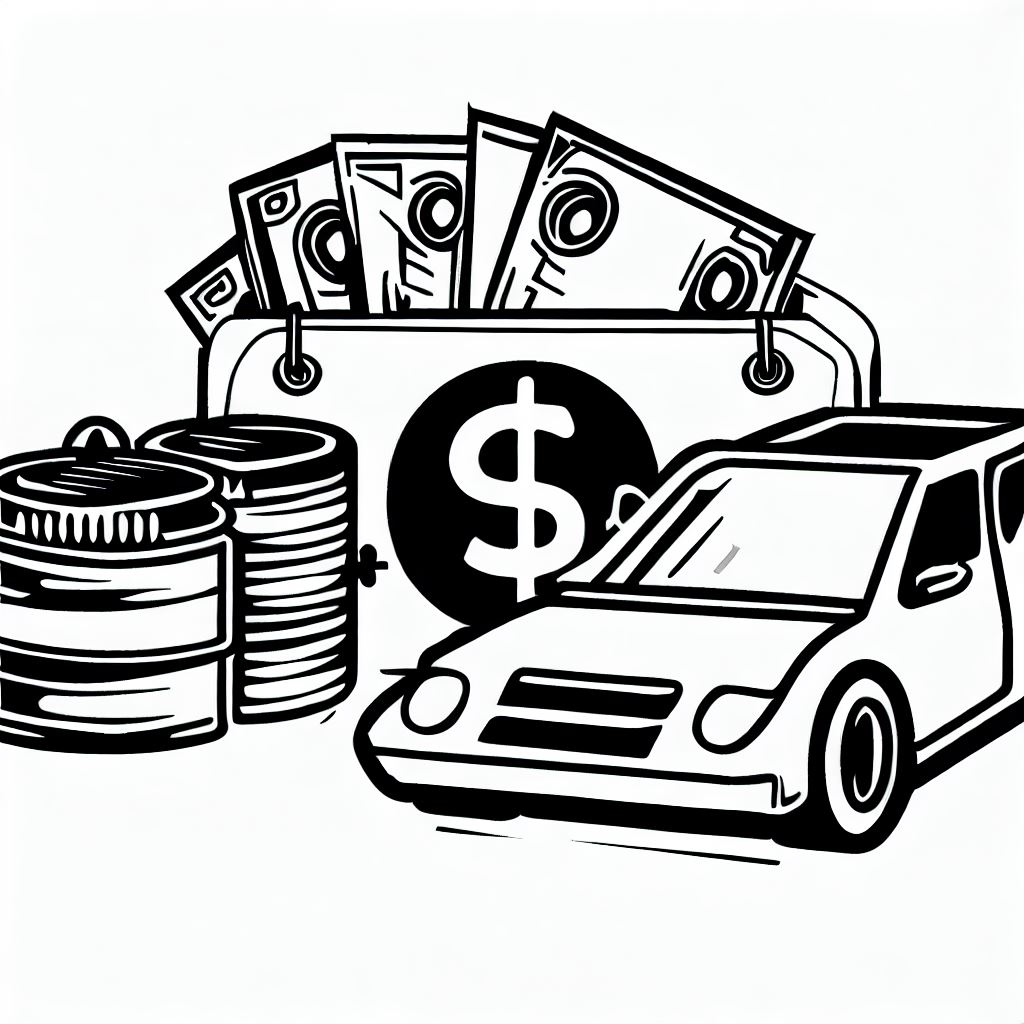Prioritize budget, safety, and space for your expanding needs. If financing is required, explore various options, including home loan top-ups and low/no interest loans for EVs. Maintain your emergency fund for added financial security during this exciting transition. Research thoroughly and consult financial experts as needed to make a well-informed choice for your family's future.
___________________________________________
“Our 1st baby is on the way at end of July and we’ve decided we need a new car so my wife can get around while on parental leave. Situation is: Just purchased first home 6 months ago for 720K (20 % deposit) & just paying minimum repayments at the moment so equity is about 21%. -14K in cash savings -excess income after all expenses $460 this shouldn’t drop too much while on PPL if i get my incentive bonuses at work. -commute is 50 kms each way Mon-Fri. How would you finance a new car and what kind of car would you look to buy? I would like to keep as much of an emergency fund as possible.”
(Original question on Reddit)
___________________________________________
Congratulations on the upcoming addition to your family! As you contemplate the idea of purchasing a second car, it’s essential to consider various factors, especially given your recent investment in your first home. To ensure your financial stability isn’t unnecessarily strained by a new vehicle, here are some important considerations:
Budget
Determine how much you can afford to spend on a car. This includes not only the purchase price but also ongoing costs such as insurance, maintenance, and fuel. So, research the car’s reliability and the costs associated with it, including fuel efficiency. It may be better to get a smaller car that would use less fuel compared to a bigger engine car that would use more fuel.
Type of Car
Since you’re expecting a baby, safety and space will be important considerations. You might want to look at family-friendly vehicles such as SUVs and spacious hatchbacks. Also consider whether you want to get an electric vehicle, hybrid or petrol.
New vs. Used
A used car can be a good option if you’re looking to save money. Often, they are just as good as a new car, but it’s important to make sure you buy used cars from a reliable person or dealership with all the necessary paperwork.
Financing Options
If you decide to finance the car, shop around for the best loan terms. You can get pre-approved for a loan, which can help you set a budget and negotiate better. Here are some financing options which may help you:
- Home Loan Top-Up: If you already have a home loan, explore the option of a top-up from your bank. Despite your high loan-to-value ratio (LVR) with equity being only at 21%, negotiations could lead to favourable interest rates.
- Loan from the Car Dealer: Alternatively, you can consider a regular loan from the car dealer, but keep in mind that these typically have higher interest rates, so you may end up paying more interest for your vehicle.
- Cash Savings: Using cash savings is an option, but it’s crucial to maintain an emergency fund, especially with a new baby.
- Low/No Interest Loans: Investigate banks offering low or no-interest loans, particularly for electric vehicles (EVs). Despite potentially higher upfront EV costs, these loans can save on fuel expenses, making them a viable option.
Emergency Fund
As you mentioned, you want to keep as much of an emergency fund as possible. That’s a smart move which will help you out in times of hardship. If buying a car significantly depletes this fund, you might want to consider less expensive options.
Remember to explore your financing options before purchasing your second car, and choose an option that won’t strain your finances. The goal is to maintain financial stability, especially with the arrival of your baby. So, it’s important to do your research and consider your specific needs and financial situation before deciding. Don’t hesitate to speak to financial experts to get the guidance you need. Good luck!
Hope this helps.
Regards, Clive Fernandes (Financial Adviser)
Director – National Capital
Disclosure: I am the director of National Capital, a KiwiSaver advice firm. The views expressed in this article are the views of the author. The information provided is of a general nature and is not intended to be personalised financial advice. You may seek appropriate financial advice from a Financial Adviser to suit your individual circumstances or contact National Capital.
